- Join Our Best Docker Training Course Containers, Orchestration & Scalable Deployment.
- Complete Docker Training Course – Covers Install, Secure & Automate Containers.
- Gain Strong Hands-On Docker Skills Through Real-Time Projects And Practical Training.
- Flexible Learning Options – Weekday, Weekend & Fast-Track Batches To Suit Your Schedule.
- Boost Your Career With Docker Training Course And Dedicated Placement Support.
- Get Expert Guidance For Resume Building, Interview Preparation, Boost Career Growth.
Join Our 100% Job Guaranteed
Docker Training Course
WANT IT JOB
Become a Docker Automation Engineer in 3 Months
Freshers Salary
3 LPA
To8 LPA
Quality Training With Affordable Fees!

INR
36,000
INR 16,500

11501+
(Placed)
6229+
(Placed)
8969+
(Placed)
4539+
(Placed)
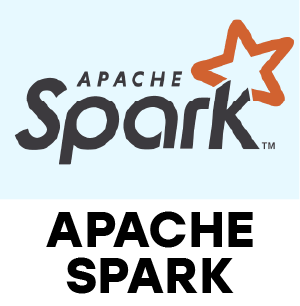


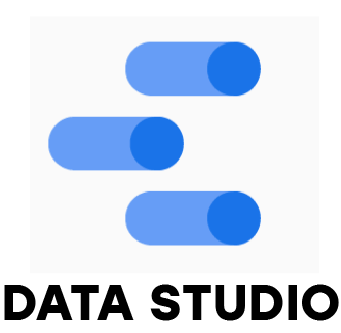

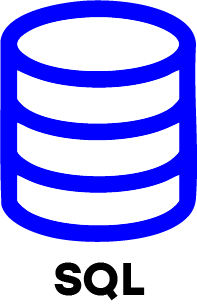
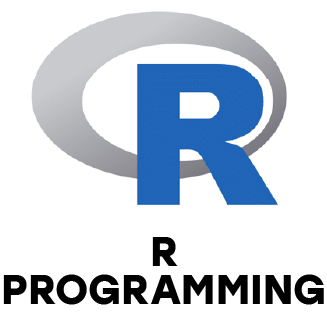
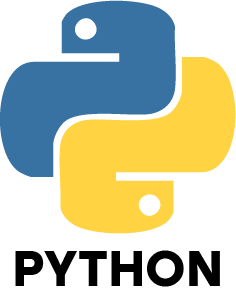

















 Chennai Location
Chennai Location Bangalore Location
Bangalore Location